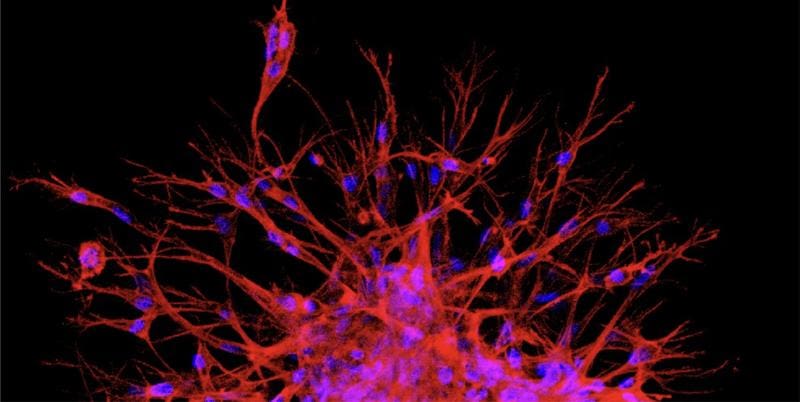New Max Planck Center launches biomedical research in South Korea
Researchers from the Max Planck Institute for Medical Research in Heidelberg, the Max Planck Institute for Neurobiology of Behavior – caesar in Bonn and the Institute for Basic Science (IBS) at Yonsei University in Seoul are pooling their expertise in the new Max Planck – Yonsei IBS Center for Deep Tissue Nanoscale Control. The center will begin its work on August 1, 2025 to visualize cellular processes deep in human tissue and control them in a targeted manner without damaging the tissue.
The aim of the partnership is to develop new technologies at the interface of nanoscience, synthetic cell biology and neuroscience. These are to be used in areas such as immunotherapy. The interdisciplinary research program focuses on sustainable exchange and uses innovative approaches such as magnetic fields or ultrasound, as classic methods such as light microscopy are reaching their physical limits. The center is the second Max Planck Center with a partner in South Korea and one of four with Asian participation.

The cooperation enables the non-destructive investigation and control of cellular processes deep within the tissue, which could open up new therapeutic possibilities. The new departments of the Max Planck Institute for Medical Research in Heilbronn, which focus on artificial intelligence in biomedicine, will drive forward research projects with guest scientists from South Korea and accelerate the transfer to medical applications. The Max Planck Institute for Neurobiology of Behavior – caesar in Bonn investigates how neuronal activity controls behavior and develops tools to analyze the brain in freely moving animals without impairing its function.
The center promotes young scientists through a program for research stays at the participating locations. The Institute for Basic Science (IBS) in Seoul contributes expertise in nanomedicine with the aim of revolutionizing the medicine of the future through nanoscience. The research results are intended to combine basic research and practical applications in order to drive biomedical innovation.
Editorial office: X-Press Journalistenb├╝ro GbR
Gender note. The personal designations used in this text always refer equally to female, male and diverse persons. Double/triple references and gendered designations are avoided for the sake of better readability ected.




